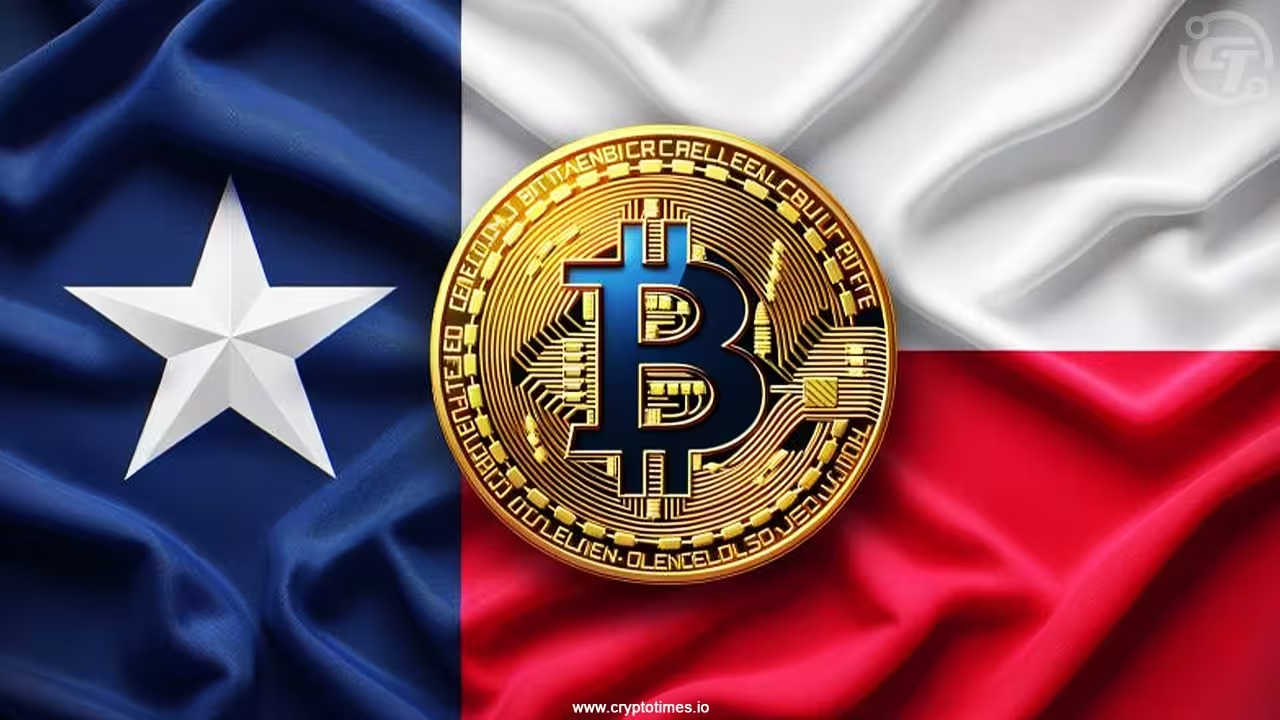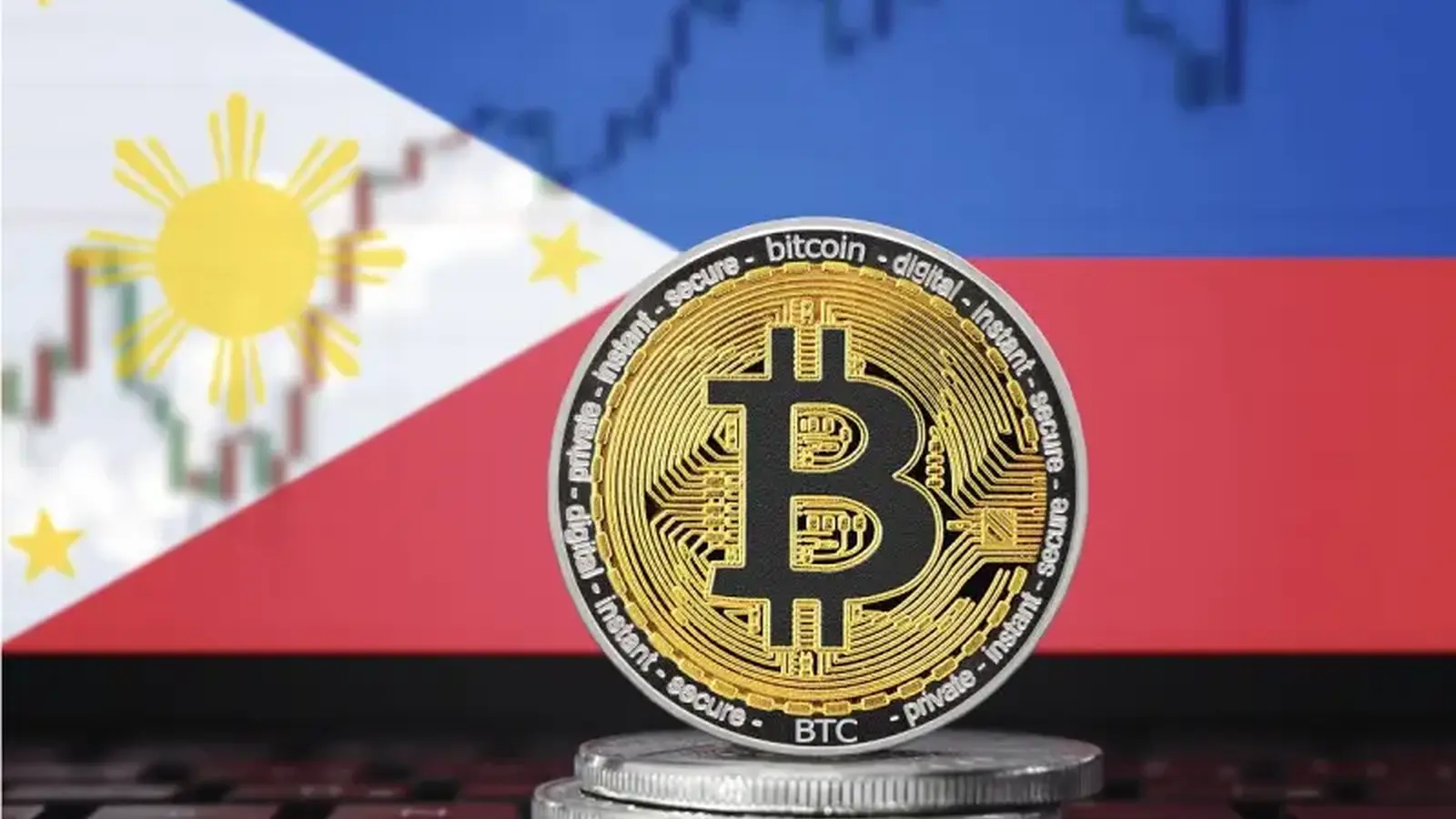3 Minutes
Philippines Proposes Massive 10,000 Bitcoin Purchase for a Strategic Reserve
The Philippines is considering an ambitious proposal to acquire 10,000 BTC to seed a national strategic reserve. The move would mark a major shift in sovereign digital-asset strategy, following global precedents where countries have gradually integrated cryptocurrency into macroeconomic plans.
Regional momentum: South America sets examples
Sovereign adoption examples in Latin America illustrate the growing interest in national Bitcoin reserves. El Salvador remains the most prominent case after adopting Bitcoin as legal tender in 2021. While everyday retail usage has moderated, the Salvadoran government has continued to add to its holdings — recently buying 22 BTC and expanding its position during market dips.
Argentina and Venezuela have also relied on Bitcoin and stablecoins to hedge inflation and fill dollar gaps. In Brazil, lawmakers debated Bill 4501/24 to create a $19 billion Bitcoin reserve called RESBit, signaling growing regional interest in sovereign crypto strategies.

Philippine crypto landscape and regulatory evolution
The Philippines ranks high in global crypto adoption. According to Chainalysis' 2024 Geography of Crypto report, the country sits seventh worldwide and third in the region for trading volume and adoption — a backdrop that helps explain the proposed reserve.
Regulatory developments are running in parallel. In April, the Securities and Exchange Commission launched the Strategic Sandbox (StratBox), a controlled framework that lets crypto firms pilot products under regulatory oversight. The Bangko Sentral ng Pilipinas concluded Project Agila, a wholesale CBDC trial using distributed ledger technology to boost interbank settlement efficiency.
Crackdown on unlicensed exchanges
At the same time, Philippine authorities have increased enforcement. The SEC recently issued an advisory against 10 international exchanges — including OKX, KuCoin, Kraken, and Bybit — for operating without required authorization. Regulators warned that unlicensed platforms pose "significant risk" to Filipino investors and said they will coordinate with major tech firms such as Google, Apple, and Meta to limit access to unauthorized services.
As the Philippines weighs a large-scale Bitcoin reserve, policymakers are aiming to balance innovation, financial stability, and consumer protection. The debate highlights how national crypto strategies are evolving alongside stricter regulatory frameworks and regional precedent.
Source: cryptonews


Leave a Comment